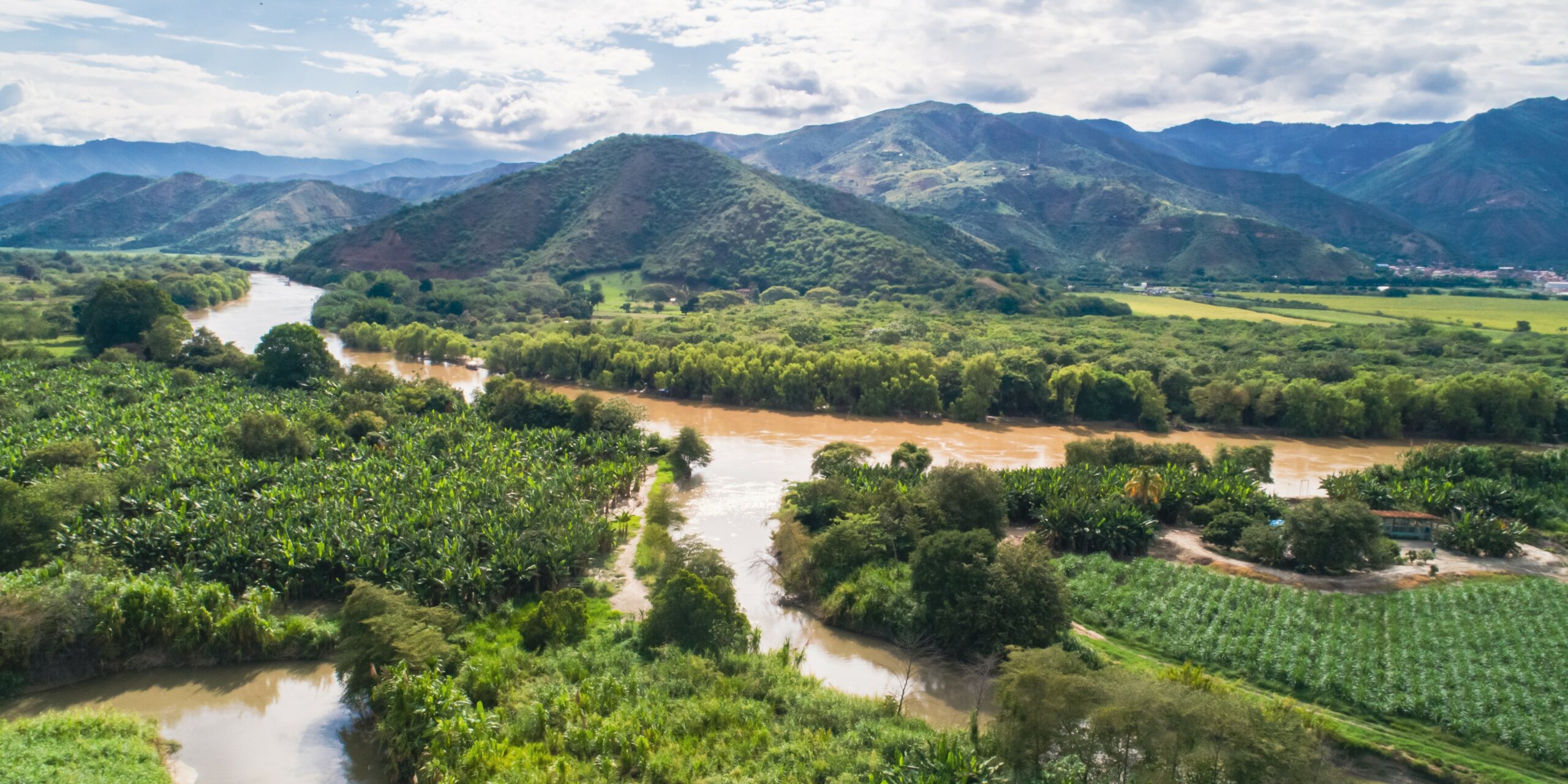
Protection of biodiversity and water through ecological connectivity corridors
Name of the project: Protection of biodiversity and water through ecological corridors
Call for proposals theme: Water stewardship and climate adaptation
Project lead: Manuelita
Co-lead: Colombian Sugarcane Research Center – CENICAÑA, RG & CIA SAS, Association of Water Users of the Amaime and Nima Rivers – Asoamaime, Asociación de Usuarios de las Aguas Superficiales y Subterráneas de la Cuenca del rio Bolo – ASOBOLO
Grant awarded: £225,000
Project budget: £324,987
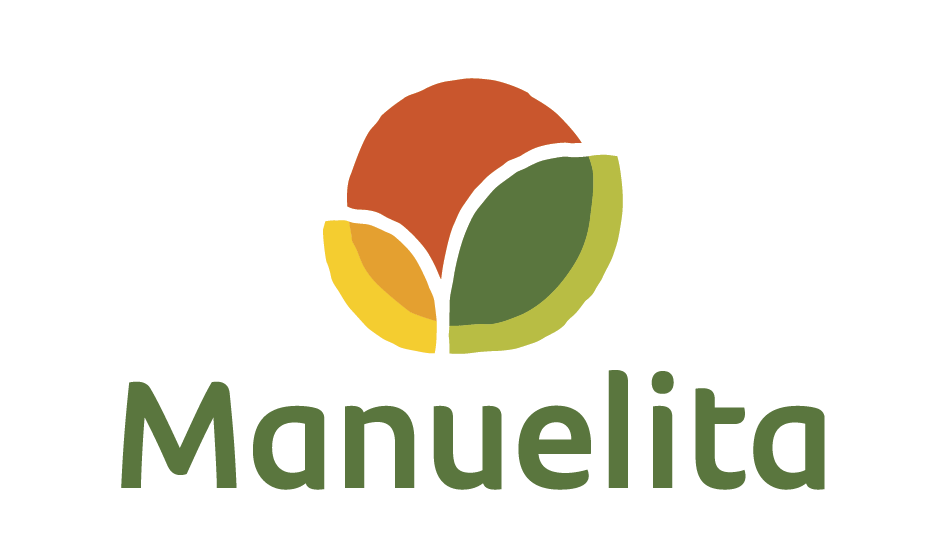



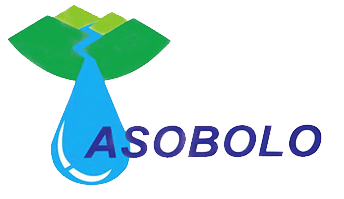
Manuelita is an agribusiness company headquartered in Colombia. Its products include refined sugar, ethanol, palm oil, biodiesel, and fruits and vegetables.
CENICAÑA is a non-profit that focuses on research, technology transfer and specialised services to support the development, competitiveness and sustainability of the Colombian sugarcane agroindustry.
RG & CIA is a producer and supplier of Manuelita, farming mostly sugarcane.
Asoamaime is an non-governmental organisation (NGO) that works to protect the Amaime river basin in Colombia.
ASOBOLO is an NGO working to protect water resources of the Bolo river and Vilela stream.
Purpose of the project
This project sets out to establish ecological corridors in vital river basins, enhancing the flow of wildlife while restoring natural ecosystems in designated Strategic Environmental Areas.
Specifically, it focuses on the Amaime river basin, where the project partners will create and rehabilitate corridors within critical sections of the riparian strip (the interface between land and a river or stream). Their goal is to bolster ecosystem services, such as water capture, infiltration, and retention, which will positively impact water supply, flow regulation, and water quality. The initiative will be piloted in the Bolo river basin, on El Porvenir farm in Pradera, Valle del Cauca.
The project will also use nurseries to support the proliferation and recovery of native species, expanding 12 existing community-run nurseries and establishing two main ones. By collecting seeds and propagating 30,000 native plant species each year, the project aims to rescue three endangered or critically endangered plant species: Black Cedar, Xylopia, and Wild Cashew.
Additionally, there will be a focus on eight plant species recognised by the community for their significant ecosystem value and their declining numbers in the region.
To protect pollinators, especially bees, the project partners will introduce ten beehives and cultivate melliferous tree species. This will help to enhance habitats for bee conservation, which, in turn, assists in maintaining the ecosystem balance and supporting pollinator populations in the area.
The project will also establish a comprehensive hydrological monitoring network to track flow, precipitation and water quality in the basin. This will provide critical insights into the basin’s regulation capacity, helping to make informed conservation decisions.
Efficient water management in agriculture will be key to reducing the strain on water resources and improving the profitability of local producers. The project will enhance irrigation efficiency in selected production units.
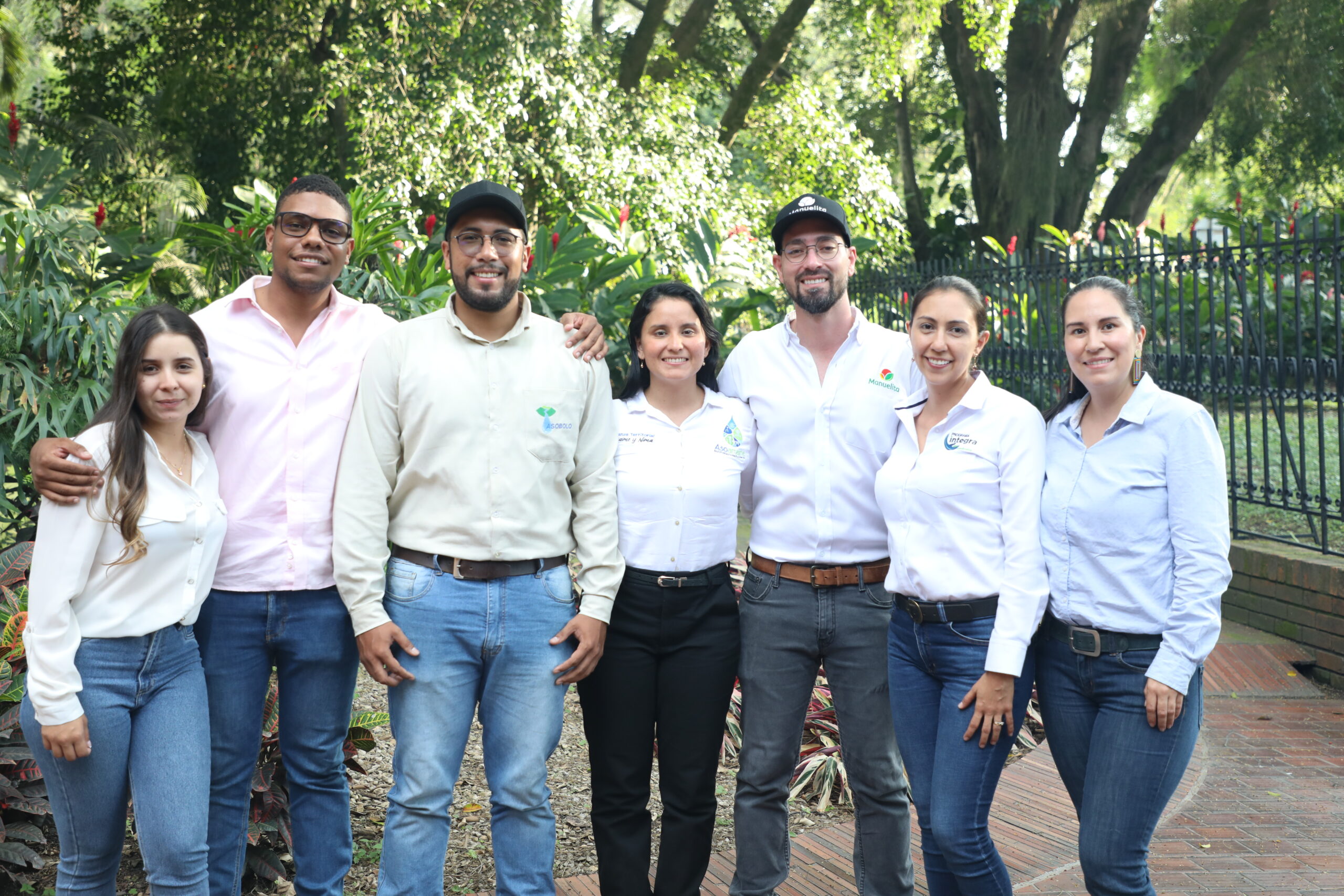
Location
The project’s primary focus will be on the Amaime river watershed, covering approximately 55,600 hectares of land, including 29,241 hectares dedicated to sugarcane cultivation. Manuelita’s sugar mill oversees 124 of the 335 sugarcane farms within this watershed, spanning a total area of 14,490 hectares.
The Amaime watershed serves various users, some of whom use it in a planned and sustainable manner, while others conduct their activities outside of these plans. Such unplanned activities often result in a reduction of protective vegetation strips and negatively impact water flow.
An important criteria for the selection of this area was the interest and commitment of the main stakeholders in this watershed.
The Amaime basin and Bolo river play a paramount role in the region’s development. They provide water to over 60 community aqueducts and serve as a water source for the municipal capitals of Cerrito, Palmira, and Pradera. According to the 2022 National Water Assessment (ENA), these water sources are facing critical challenges.
The substantial demand for water in this area is largely driven by agricultural activities, primarily sugarcane cultivation and industrial processes, including sugar production, energy generation, manufacturing, and various service companies.
Why this project?
The Bonsucro Impact Fund supports collaborative, scalable and innovative projects that accelerate sustainable sugarcane production.
Scalability
A robust knowledge transfer plan will be designed to empower communities, organisations, and countries interested in similar initiatives. This involves developing dissemination materials, training tools, and educational resources to facilitate project adoption in diverse contexts. Establishing strong collaborations and alliances at national and international levels will facilitate knowledge and resource sharing.
Recognising the unique characteristics and challenges of each watershed and region, the project can be tailored to suit local conditions. This means considering factors like climate, geography, water resource availability, and prevailing agricultural practices.
Innovation
By combining various actions, such as creating ecological corridors to restore vital riparian habitats, establishing a hydrological monitoring network to assess basin regulation capabilities, and adopting efficient irrigation practices in production units, the project offers a holistic vision for preserving water resources and adapting to climate change.
This initiative champions collaboration among multiple stakeholders, emphasising an all-encompassing approach to tackling environmental and socioeconomic challenges. It will use science-based methodologies and technological innovation to achieve tangible and measurable outcomes.
Furthermore, the project aims to establish agroecological connections between ecological corridors and sugarcane crops, closing the loop on crop-related supplies and fostering a circular economy.
Sustainability
This project combines several pivotal dimensions of sustainability: environmental, social, institutional, and economic, addressing critical issues such as water stewardship, climate adaptation, and bioeconomy. It aspires to enhance not only sustainability, but also resilience in the face of climate change.
Sustainability can be perceived through multiple lenses:
- Institutional: sustainability rests on the collective decision-making of five organisations that are deeply rooted in the region.
- Environmental: the nurseries in strategic locations and the ecological corridors will deliver benefits on a landscape level, yielding long-term benefits.
- Social: the initiative will foster trust, empathy and collaboration within communities, including growers, grassroot organisations and public-private institutions.
- Learning: the hydrological monitoring network will be managed by Cenicaña, and data will be available for growers and scientific communities. Additionally, training in water resource management will build growers’ capacity.
Expected outcomes
- Stronger engagement and collaboration between multiple local actors around water resources conservation.
- Sugarcane growers are equipped to make efficient use of water resources, especially for irrigation.
- Enhanced biodiversity in the Amaime river watershed.
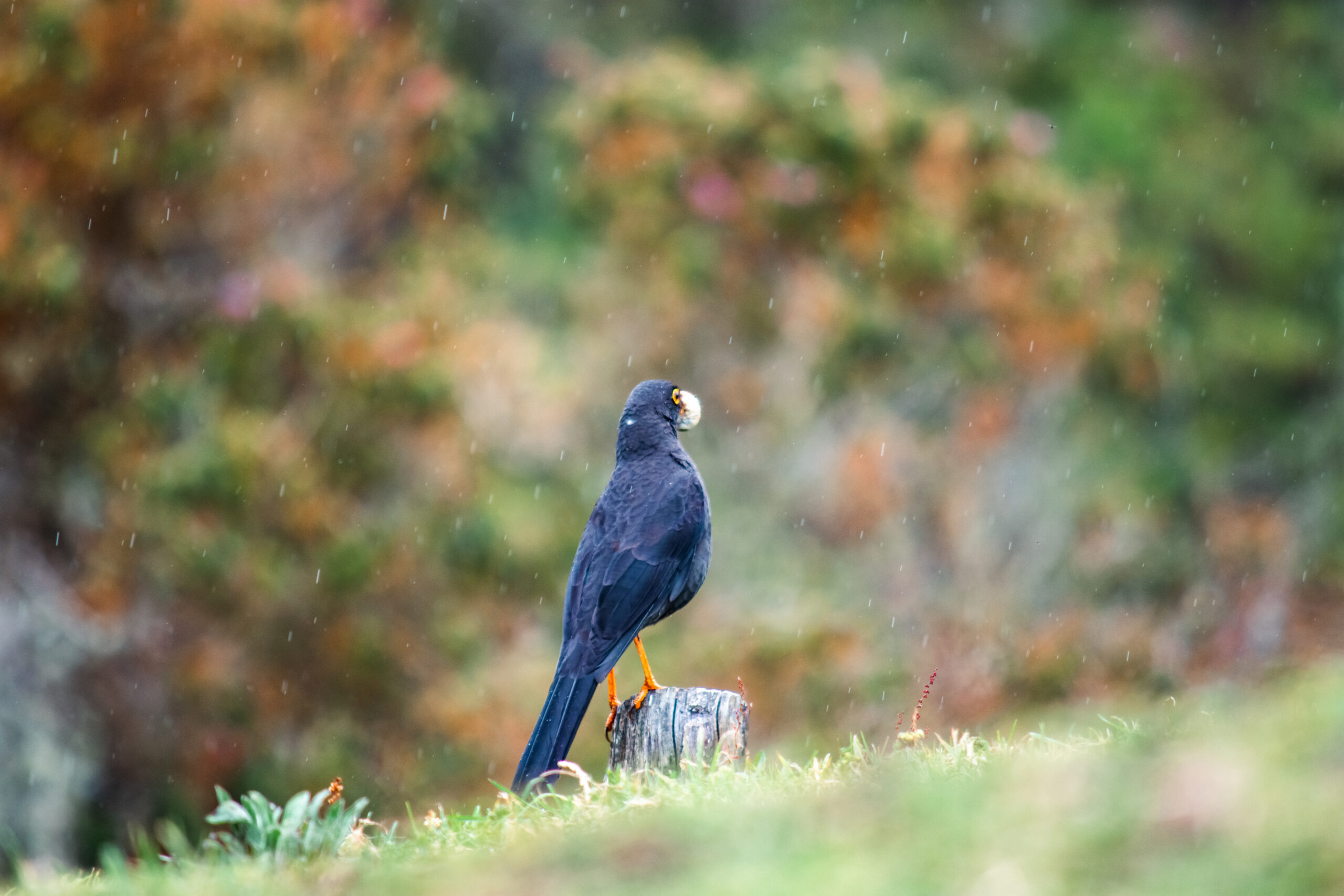
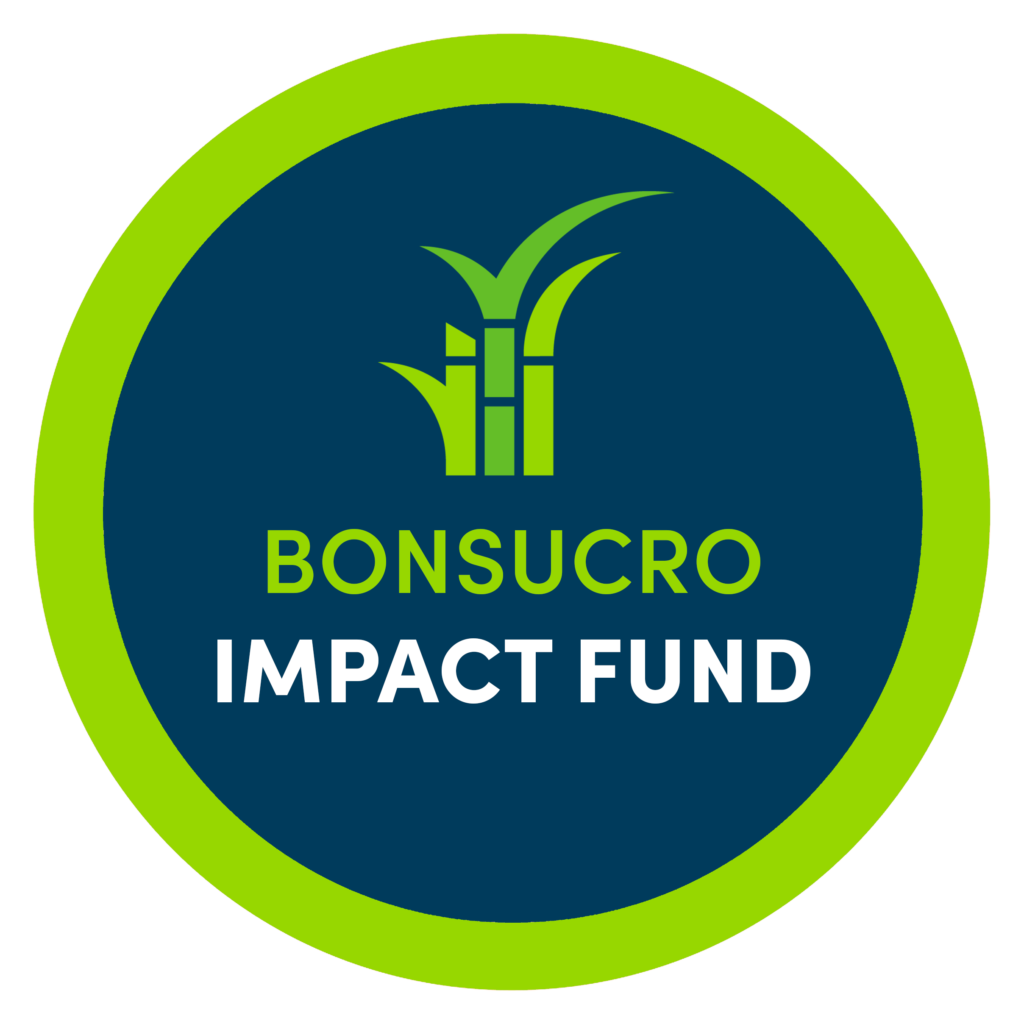
Bonsucro Impact Fund
The Bonsucro Impact Fund invests in impact projects that address critical sustainability challenges in the sugarcane sector.
The Bonsucro Impact Funds uses income from the sale of Credits through the Bonsucro Credit Trading Platform.
All trades are charged a transaction fee, around 50% of which is invested into the Bonsucro Impact Fund.
Learn more about the Fund and check for grants available here.
Bonsucro Credit Trading
By purchasing Bonsucro credits for sugarcane, ethanol, molasses and raw sugar, companies support impact projects on the ground through the Bonsucro Impact Fund.

Sign up to our newsletter
Get the latest industry insights, and stories from all corners of the supply chain straight to your inbox.




